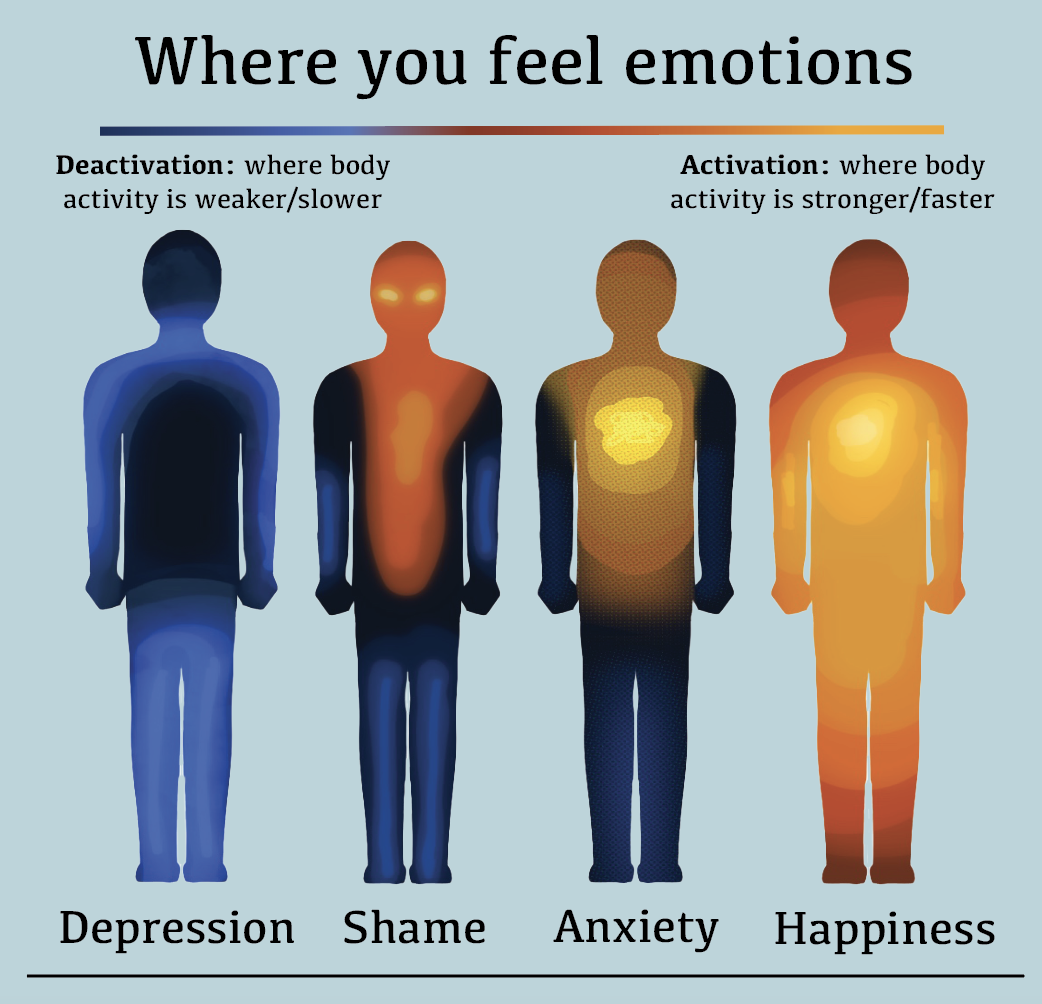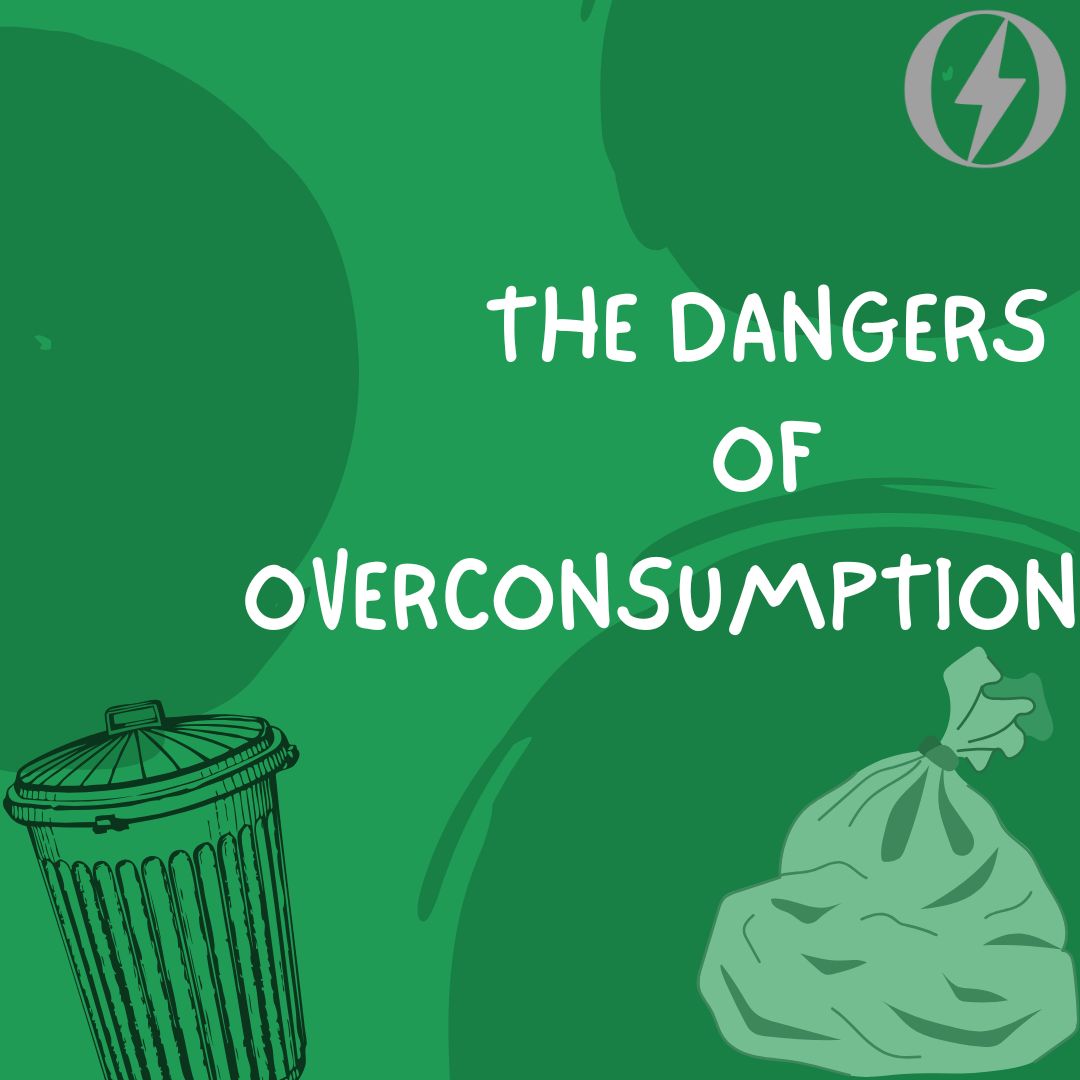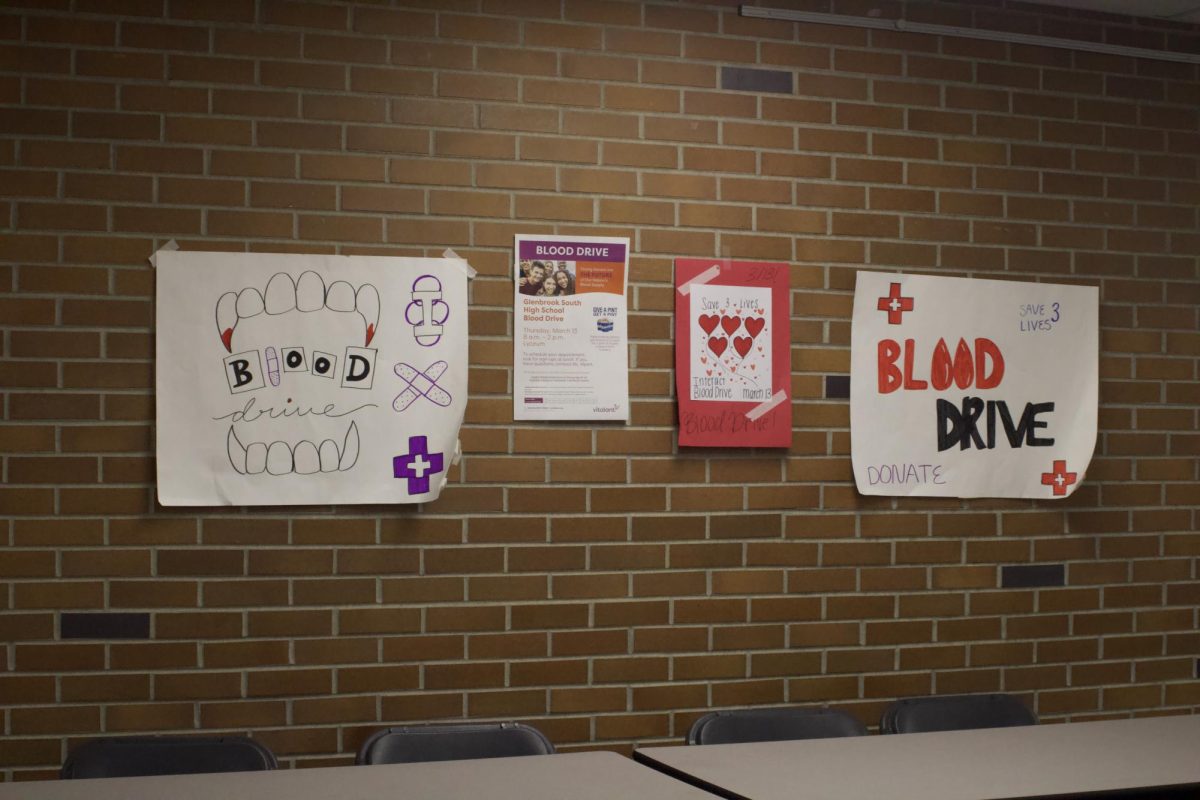“I have a dream that my four children will one day live in a nation where they will not be judged by the color of their skin but by the content of their character.”
More than 40 years ago, Martin Luther King, Jr.’s words symbolized a fight for civil rights that is, in many ways, still going on today. But today it’s not just against racial discrimination.
This March, the Supreme Court will hear two cases that may have huge impacts on the future of same-sex marriage. The first is United States v. Windsor, a suit over the Defense of Marriage Act (a law passed in 1996 that prohibits federal recognition of same-sex marriage). The law has been declared unconstitutional in some parts of the country but not in others.
The second case is Hollingsworth v. Perry, deciding the constitutionality of Proposition 8, a referendum passed by California voters in 2008 that banned same-sex marriage in their state.
I’ll be honest: I support same-sex marriage. LGBT people are law-abiding citizens just like everyone else. Marriage is a legal contract, and any citizen should have the right to enter into a legal contract.
Additionally, there is no objection to same-sex marriage that does not arbitrarily impose one’s own values on others. Family values, religious values, political ideologies – whatever it is, there is no reason people should have their rights limited because of any one else’s opinions.
But no matter your beliefs, it’s easy to see that we are at a turning point in the same-sex marriage debate. The Supreme Court’s upcoming decisions will set the tone for both future rulings and future controversy over same-sex marriage, like Roe v. Wade did for abortion rights.
But the debate won’t go anywhere if people don’t act on their beliefs. For too long, many people I know (myself included sometimes) have voiced our opinions on things like gay rights without actually acting on them. Nothing gets done if people don’t go out and advocate for the things they believe in.
There are several obvious examples of this. In the civil rights movement, people like King and Malcolm X staged protests and created popular will for change. Would anything have changed if they had sat around in coffee shops talking about how awesome civil rights were?
Obviously, there are examples of activism within the gay rights movement too. In the 2012 elections, Maryland, Washington and Maine all legalized gay marriage through popular vote, and Minnesota blocked a constitutional amendment limiting marriage. Even through the simple act of voting, equal rights have spread to more people in more places.
But the ballot box is not always sufficient, as Proposition 8 shows. Something more has to happen.
Take the example of Rhode Island. According to the New York Times, on Jan. 15, several hundred protesters gathered outside the State Capitol building and petitioned for same-sex marriage. Then, last Thursday, a bill legalizing same-sex marriage passed, with overwhelming support, through the House and now only needs passage in the Senate to become a law.
I know, we’re high school students, what can we do? Well, a lot, actually. For example, consider all of the companies that donate money to politicians and groups against gay rights. The list includes Chick-fil-A, Urban Outfitters, Wal-Mart, Exxon Mobil, Salvation Army, and Amway.
Just to give you an idea, Urban Outfitters donated money to Rick “[gay marriage] is an issue just like 9-11” Santorum.
Why should we allow corporations to determine the country’s policies on same-sex marriage? If we don’t act, they will. I’m not telling you to boycott Urban Outfitters. I’m asking you to. We should not let our country’s civil rights policies be determined by homophobic CEOs.
It’s not enough to condemn these people by talking about it. Obviously I would encourage discussion about this and any issue, but discussion alone doesn’t achieve anything. Action does.
Follow the Supreme Court decisions as much as you can because civil rights deserve attention. More than that – they deserve action.














